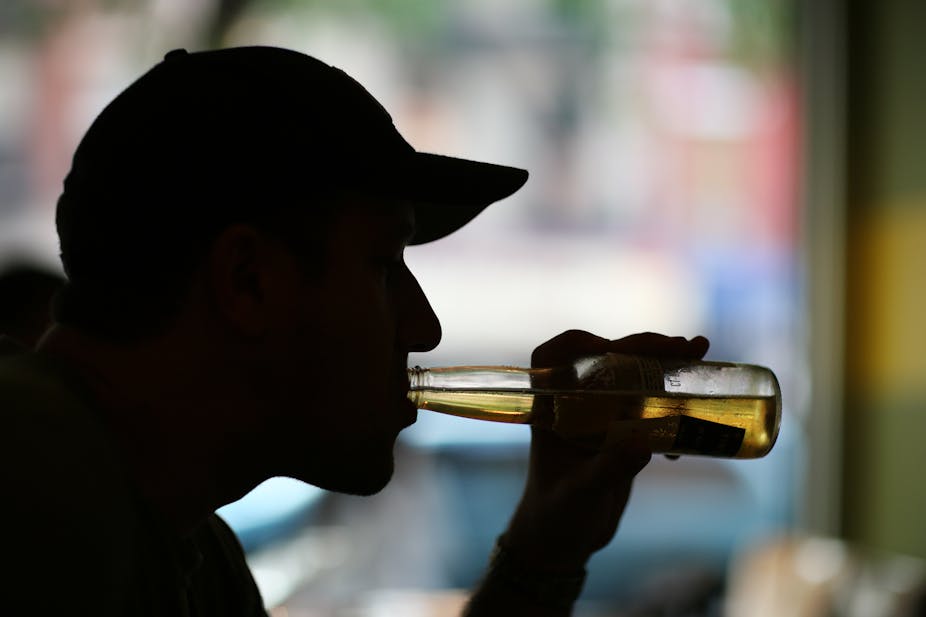Australians are increasingly drinking alcohol to get drunk but just one in five believe they drink too much.
The Foundation for Alcohol Research and Education’s annual alcohol poll, released today, found that 40% of Australians say they drink to get drunk, up from 35% in 2011, with half of those defining being drunk as slurring speech or losing balance.
The online survey of 1,533 Australian adults found most (73%) people limit their alcohol consumption to two days a week, which is consistent with previous polls.
Undertaken by Galaxy Research, the poll found:
17% of Australian drinkers have had someone they know express concern about their drinking
18% of Australians have been victims of alcohol-related violence, up from 14% in 2012
79% of drinkers with children under 18 years living in their home consume alcohol around their children
Over the past year, 23% of drinkers report not being able to stop drinking once they started
Recognising the harms of heavy drinking, most respondents support alcohol policy reforms.
Around two-thirds believe alcohol advertising and promotions influence the behaviour of people under 18 and support a ban on alcohol advertising before 8.30pm.
There was less support for increasing taxes on alcohol to pay for health, education, and the treatment of alcohol-related problems. Just over half of Greens voters, 43% of ALP voters and 37% of Coalition voters supported such a measure.
More than half (62%) of respondents support public health experts’ calls to add warning labels to alcohol products to better inform drinkers of health harms of the product.
And just as well, because few respondents knew what constituted risky levels of drinking.
The National Health and Medical Research Council’s (NHMRC) guidelines recommend men and women drink no more than two standard drinks on any day to reduce the lifetime risk of harm.
To avoid alcohol-related injuries, the guidelines recommend no more than four standard drinks on a single occasion.
Half of the respondents were aware of the guidelines, but just 11% were aware of their contents.
Professor Robin Room, Director of the Centre for Alcohol Policy Research at Turning Point, said the survey was likely to underestimate the levels of alcohol Australians consumed.
“It’s not so much that people are lying, as that it’s a rather difficult thing to estimate. People often forget about the smaller amounts of drinking in between the times they remember,” he said.
There has been a growing recognition over the past five years that there is a problem with drinking in Australia, Professor Room said, but politicians are reluctant to take meaningful action.
“They tend to respond in ways that don’t interfere with the market and that don’t upset people who have vested interests at stake and the result is that they do symbolic things rather than things that are actually effective,” he said.
Government action needs to be multifaceted, he said, and include a minimum price for alcohol and reforms to liquor licensing to reduce the availability of alcohol late at night.
Rob Moodie, Professor of Global Health at the University of Melbourne, said it was concerning to see that more than half of regular drinkers bought more alcohol when it was on special or its price reduced.
“Cheap alcohol is going to put risky drinkers at harm and, more importantly, it’s going to put the people around them at harm,” he said.
“The fact that a third of Australians have been affected by alcohol-related violence and a fifth have been victims of it is pretty upsetting.”
Professor Moodie said it was worrying that so few people were aware of what constitutes a safe level of drinking, adding that the government and industry need to do a much better job at educating drinkers.
“Alcohol labels should carry information about safe levels of drinking. Alcohol causes major problems when taken in harmful levels,” he said.

